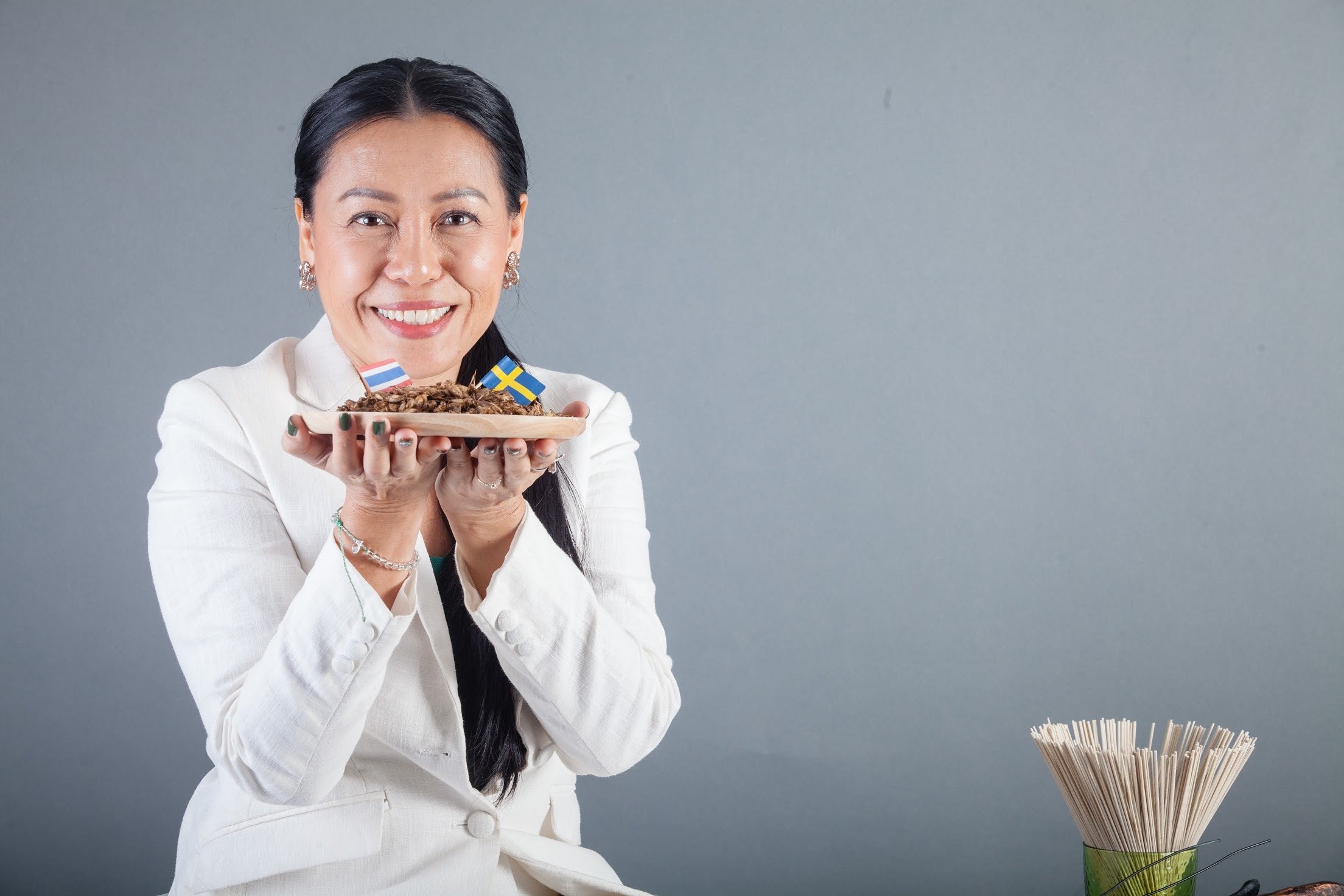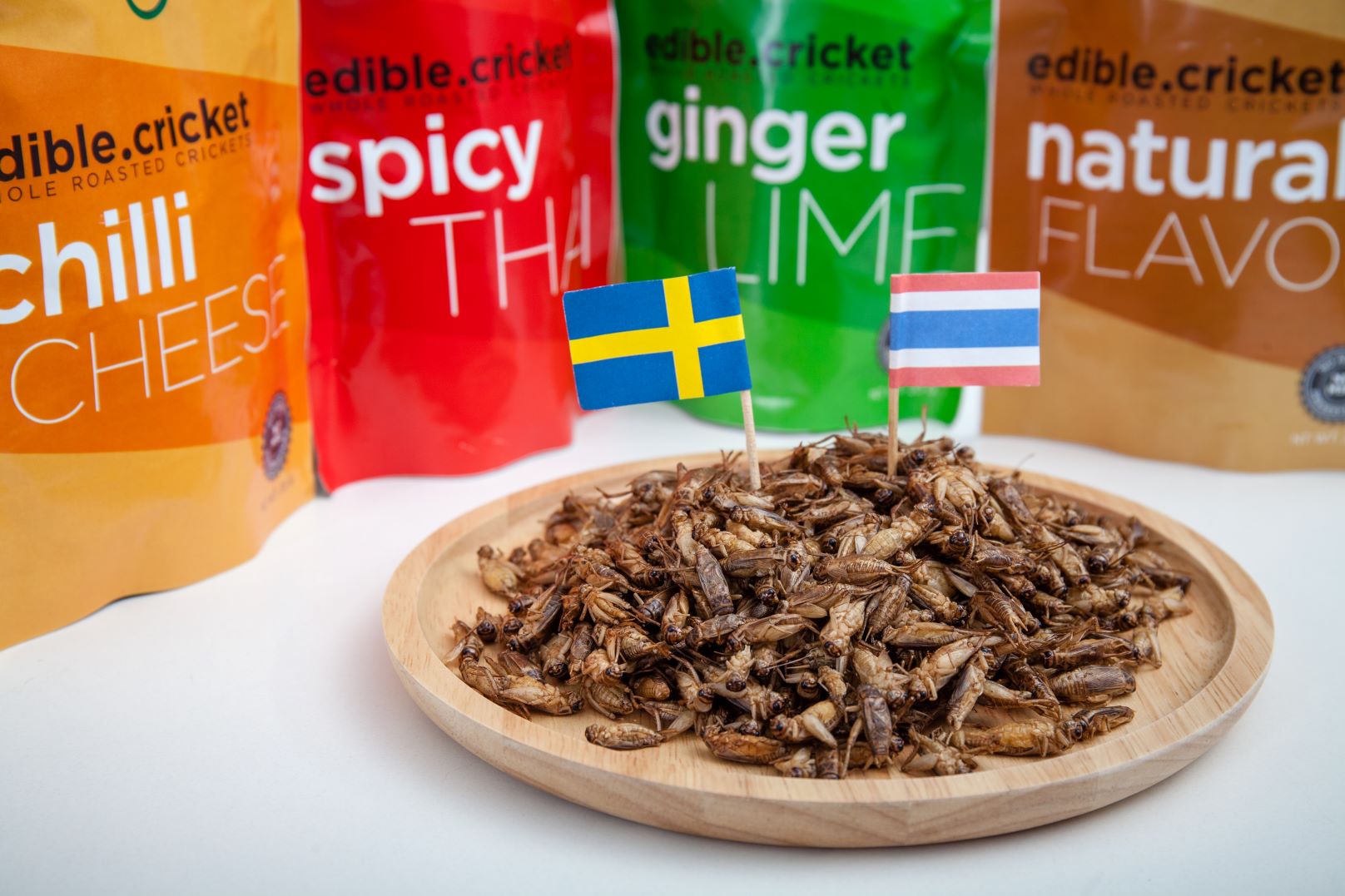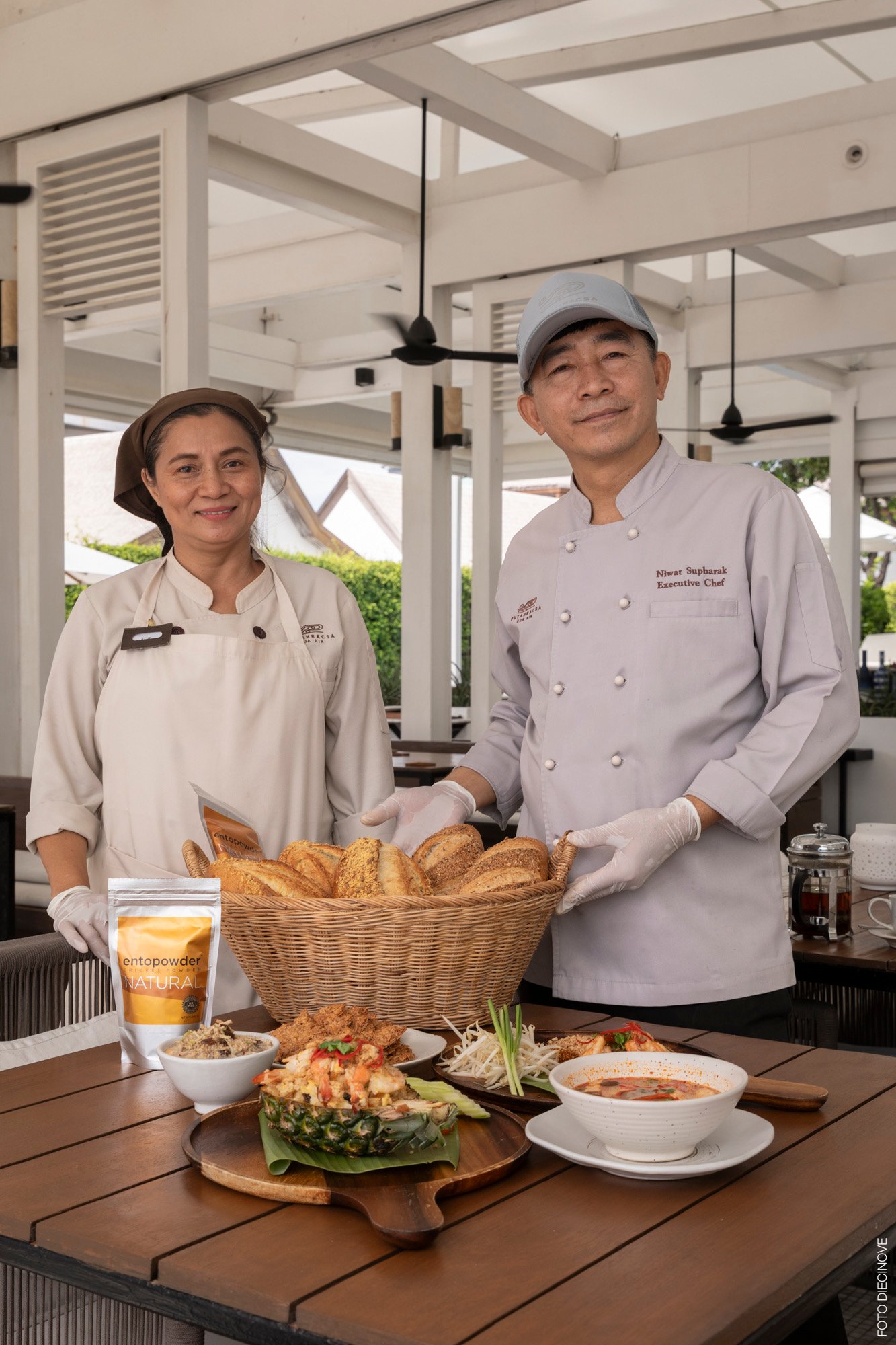Key Facts in numbers: (Singapore’s Agritech Scene : A Global Innovation Hub)
1. Largest Ecosystem in Southeast Asia: Singapore boasts 122 Agri-Food Tech companies, positioning it as the dominant player in the region’s agritech landscape.
2. 38% Funding Share: Singapore-based companies have secured 38% of the total funding in Southeast Asia, underscoring the city-state’s pivotal role in driving innovation and investment in the agritech sector.
3. Global Innovation Hub: Singapore’s innovation ecosystem attracts startups like Global Bugs, acting like a global hub for R&D, and cross-country collaboration
4. Research and Regulatory Advantage: With numerous research institutes and simplified regulatory processes, Singapore provides a conducive environment for agritech companies to develop and deploy solutions, further putting weight on its importance in the global agritech scene.

Seizing New Opportunities in Alternative Proteins
In a recent interview with Business Sweden, Stefan Järlhem, one of Global Bugs’ founders, shared insights into the company's journey from its inception in 2016 to its current position as a key player in the sustainable protein industry. With roots in both Thailand and Sweden, Global Bugs emerged amidst a rising tide of interest in alternative proteins, driven by environmental concerns and a growing appetite for sustainable food options.
Unlocking Singapore’s Potential
Global Bugs was founded in 2016 by Stefan Järlhem and Kanitsanan Thanthitiwat. The company specializes in cricket farming and processing, using crickets to produce high-quality protein-rich cricket powder.

Despite their success in Thailand and Sweden, Global Bugs recognized the need to expand their horizons and tap into new markets to further their mission. Singapore emerged as a focal point, offering promising opportunities for growth and innovation.
Global Bugs participated in the Agri-Tech delegation organized by Business Sweden last year, where they explored opportunities within Singapore's dynamic agritech sector, capitalizing on the city-state's robust innovation ecosystem and advanced research infrastructure. During one of the sessions, Nanyang Technological University (NTU) hosted a Nordic-SAIL dialogue. SAIL, short for the Singapore Agri-Food Innovation Lab, is a national platform operated by NTU in partnership with Enterprise Singapore. SAIL fosters solution project partnerships between its corporate members, startups, SMEs, research institutes and higher education institutions to drive agrifood innovations. It was at this event that Global Bugs identified a promising collaboration with NTU’s Prof Ye Hui. Leveraging Prof Ye Hui’s expertise and research network, this partnership led to the formation of a new company focused on investigating the potential of Cricket Protein Hydrolysate in combatting Alzheimer’s Disease (AD) and exploring its application in food and dietary supplements.
Singapore offers easier access to funding and is closer to the market, making it an attractive location to start a farm. Moreover, Singapore has numerous research institutes like NTU, and navigating regulations is comparatively simpler. Establishing a company in Singapore and conducting production in Thailand seems to be a beneficial arrangement.Conclusion
Through strategic partnerships and with support from Business Sweden, Global Bugs has positioned itself for success in Singapore’s dynamic agritech landscape, poised to make a significant impact in sustainable protein production.







